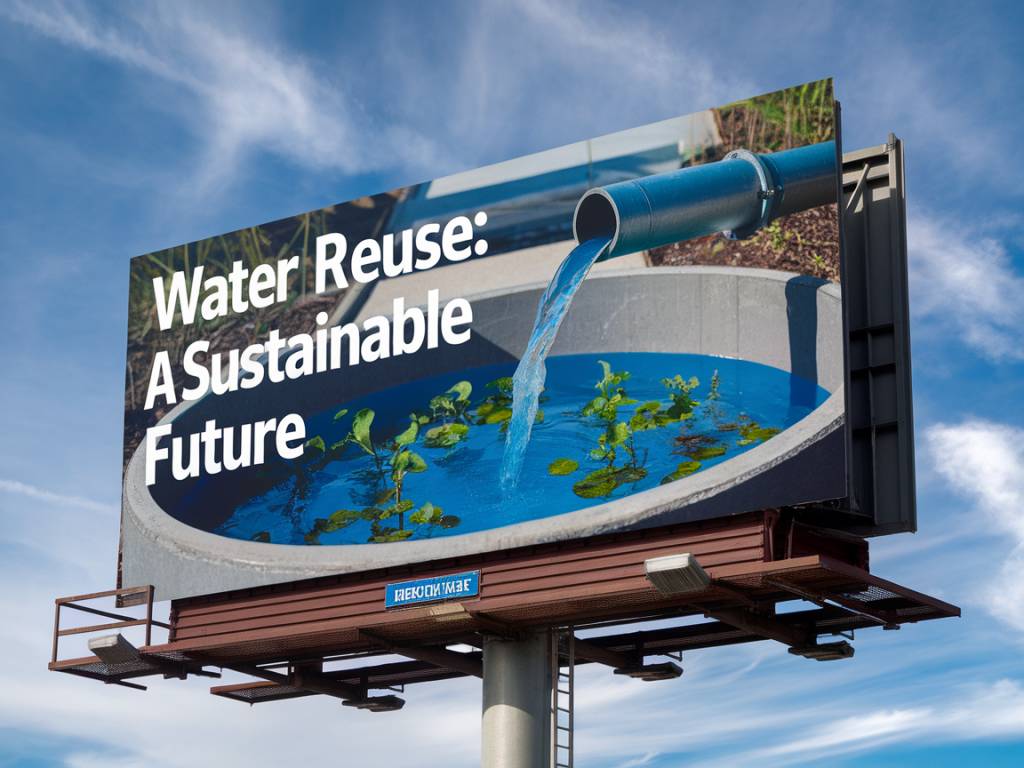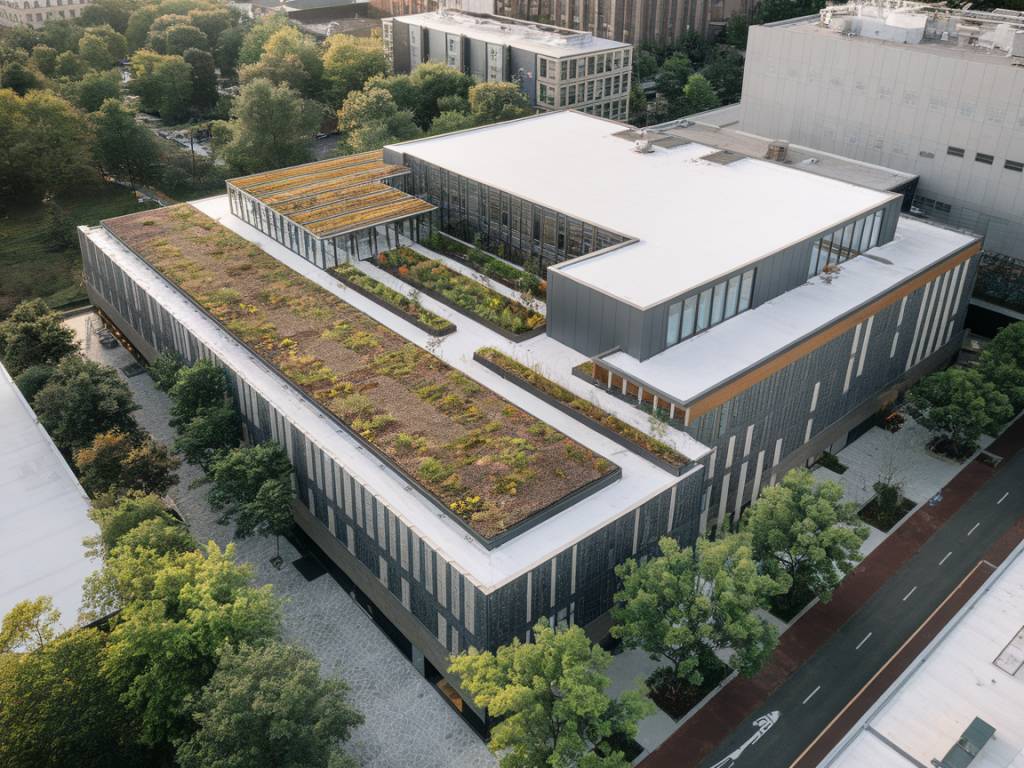Water is a precious resource, and the need to manage it sustainably has become increasingly pressing. As populations grow and climate change intensifies, the demand for fresh water continues to exceed supply, prompting the need for innovative solutions. One such solution is wastewater reuse. This approach allows us to treat and repurpose wastewater, turning what was once considered waste into a valuable resource. However, the success of wastewater reuse initiatives largely depends on public awareness and acceptance. So, how can we effectively raise public awareness about the benefits and importance of wastewater reuse?
Understanding Wastewater Reuse
Before delving into awareness-raising strategies, it's crucial to understand what wastewater reuse entails. Wastewater reuse, also known as water recycling, involves treating wastewater to remove contaminants, making it safe and suitable for various uses. These uses can range from agricultural irrigation and industrial processes to potable water supplies in some cases. By embracing wastewater reuse, communities can reduce their dependence on freshwater sources, conserve natural resources, and bolster resilience to water shortages.
Educating the Public
Education is paramount in shifting public perception and driving acceptance of wastewater reuse. Many individuals are unaware of the treatment processes involved or the safety standards applied to recycled water. Building a comprehensive understanding of these aspects is vital.
An effective educational strategy should include:
- Workshops and seminars that explain the technical processes of wastewater treatment and the safety measures in place.
- Engagement with schools to integrate water management and sustainability topics into the curriculum.
- Creating informative content such as videos, infographics, and articles that simplify the complex concepts for a broader audience.
Showcasing Success Stories
Real-world examples of successful wastewater reuse projects can go a long way in swaying public opinion. Highlighting case studies where communities have benefited economically and environmentally from such projects can inspire and motivate others.
To achieve this, consider:
- Sharing stories through local media outlets and social media platforms that resonate with the community.
- Organizing site visits or virtual tours of facilities where wastewater is treated and reused effectively.
- Inviting testimonials from individuals and businesses positively impacted by the initiative.
Building Community Involvement
Engaging the community in decision-making processes fosters a sense of ownership and trust. When people feel involved, they are more likely to support actions and policies.
Strategies include:
- Creating forums or discussion panels where community members can voice concerns and ask questions about wastewater reuse.
- Collaborating with local leaders and influencers to champion the cause and spread awareness.
- Encouraging community-driven projects that use recycled water, enhancing the project's visibility and relatability.
Addressing Misconceptions and Barriers
Fear and misconceptions about the safety and efficacy of wastewater reuse often hinder acceptance. Addressing these barriers candidly and openly is crucial.
Approaches could involve:
- Launching campaigns to debunk myths and provide factual information about the rigorous standards adhered to in the treatment processes.
- Conducting risk assessments and sharing transparent reports to build confidence among the public.
- Engaging healthcare professionals and environmental scientists to endorse and explain the safety protocols involved.
Incentivizing Support
Financial incentives and benefits can be a strong motivator for public support. People are more likely to embrace wastewater reuse if they see a direct benefit to themselves or their community.
Consider the following incentives:
- Offering discounts on water bills for households and businesses that utilize recycled water.
- Providing grants or subsidies for agricultural or industrial projects that incorporate water reuse.
- Promoting cost savings through reduced water acquisition and waste disposal fees.
Utilizing Digital Platforms
In today's digital age, harnessing the power of digital platforms can significantly expand the reach of awareness campaigns. The internet offers vast potential to spread information rapidly and engage diverse demographics.
Effective uses of digital platforms include:
- Launching social media campaigns that feature engaging content, including testimonials, success stories, and educational materials.
- Maintaining a dedicated website or portal where up-to-date information, resources, and interactive features are available for the public.
- Hosting webinars or live Q&A sessions with experts to address public inquiries and foster transparency.
Ready to explore more about this innovative approach to sustainable water management? Discover further details about wastewater reuse and its potential benefits.
By focusing on education, community involvement, and digital engagement, we can successfully leverage wastewater reuse as a key component in water sustainability strategy. Efforts to raise public awareness must be persistent and multifaceted, tapping into both the emotional and rational facets of decision-making. With the right approach, we can change perceptions, drive acceptance, and pave the way for a more sustainable future.


